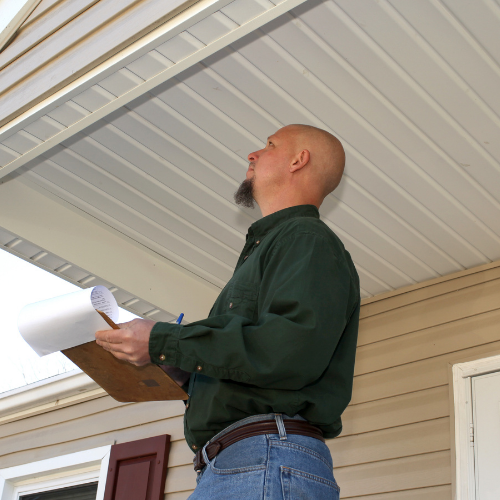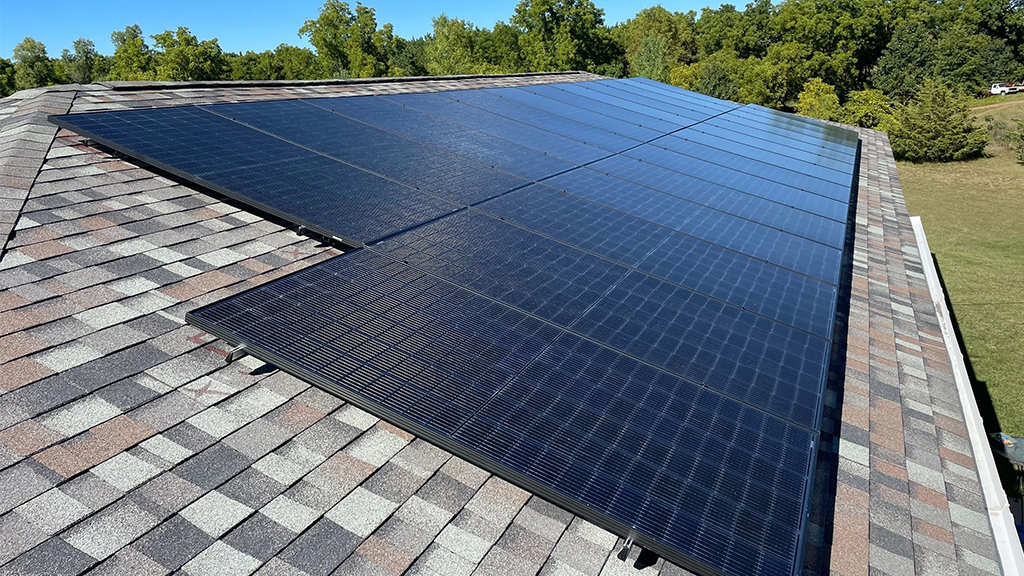Cost vs. Benefit Analysis of Residential Solar Panel Installation

Embracing solar energy is a forward-thinking choice for homeowners, blending sustainability with energy independence. However, the journey from contemplation to installation is paved with considerations of cost, benefits, and the financial frameworks available to ease the initial investment. This blog navigates through these aspects, offering a cohesive analysis to aid in making an informed decision. A key component in this process is understanding solar panel financing, which plays a pivotal role in making solar energy accessible and affordable for a wide range of homeowners.
The Financial Outlay of Going Solar
The journey into solar begins with understanding the upfront costs, which are influenced by:
- System Size: The capacity of your solar system directly correlates with its cost. Larger systems, while more expensive, generate more power, offering greater savings in the long run.
- Panel Type: Opting for high-efficiency panels increases the initial cost but pays dividends in energy output and savings.
- Installation Factors: The complexity of your roof, its condition, and the need for additional equipment can all add to the cost.
At this juncture, solar panel financing emerges as a crucial element, enabling homeowners to distribute the cost over time and making solar energy a viable option for a broader audience.
Unpacking the Benefits
The decision to invest in solar panels is justified through a myriad of benefits:
- Energy Bill Reduction: A significant decrease in monthly electricity expenses is a direct benefit of solar adoption.
- Property Value Enhancement: Solar installations contribute to higher property valuations, making them a lucrative addition to any home.
- Environmental Contribution: By reducing reliance on fossil fuels, solar panels diminish your carbon footprint.
- Energy Independence: Solar energy offers protection against fluctuating utility prices and energy market volatility.
Navigating Long-term Financial Gains
The essence of solar investment lies in its long-term returns:
- ROI: The return on investment for solar panels is compelling, with systems often paying for themselves within a few years.
- Incentives and Rebates: Government incentives and rebates can significantly lower the initial investment, enhancing affordability.
- Cumulative Savings: The aggregate savings on energy bills over the lifespan of a solar system can be substantial, often reaching into the thousands.
Financing Options Demystified
Financing solar installation is a strategic move to mitigate upfront costs:- Solar Loans: Functioning similarly to home improvement loans, solar loans facilitate the purchase and installation of solar panels, allowing homeowners to capitalize on solar benefits immediately while paying off the investment over time.
- Solar Leases: This option eliminates upfront costs, with homeowners paying a fixed monthly fee to lease the solar energy system, although they forego the tax credits and incentives to the leasing company.
- Power Purchase Agreements (PPAs): Homeowners pay for the electricity generated at a rate typically lower than the utility's, sidestepping the installation cost and system maintenance, which remains the provider's responsibility.
Each financing pathway offers distinct advantages and considerations, shaping the overall cost-benefit landscape of solar panel installation.
Delving into the Costs of Solar Panel Installation
A closer examination of solar panel installation costs reveals:
- Equipment Costs: The price of panels, inverters, and mounting systems.
- Labor Costs: The expense associated with professional installation services.
- Permitting and Inspection Fees: Costs incurred from complying with local regulations.
Comparative shopping and leveraging available incentives can optimize your investment.
Maximizing Solar Investment
To ensure you get the most out of your solar energy system, it's essential to collaborate with solar professionals who can guide you through the process:
- Expert System Design: Work with experienced solar consultants to design a system that perfectly matches your home's energy needs and maximizes roof space utilization. They'll consider your current and future energy consumption to ensure your system is both efficient and scalable.
- Navigating Incentives: Solar experts can help you identify and apply for federal, state, and local incentives, ensuring you benefit from all available cost-saving opportunities. Their knowledge can significantly reduce your initial investment and enhance the overall affordability of your solar project.
- Future-Proofing Your Energy: Professionals will not only consider your current energy needs but also plan for potential future increases. Whether it's due to a growing family or the addition of new appliances, they'll ensure your system has the flexibility to adapt to changing energy demands.
Final Insights: Embracing Solar for a Greener Tomorrow
The transition to solar is not merely a financial calculation but a long-term investment in sustainability. With strategic planning, the right financing, and an eye on future energy trends, solar panels offer a viable path to reducing energy costs and contributing to a healthier planet. As you consider the cost versus benefit of residential solar panel installation, remember that the journey to solar energy is an investment in a brighter, more sustainable future.
The journey to solar energy is an investment in a sustainable future, offering significant savings and environmental benefits. By partnering with Skyline Solar, you're choosing a path of energy independence, expert guidance, and maximized solar investment tailored to your unique needs.


